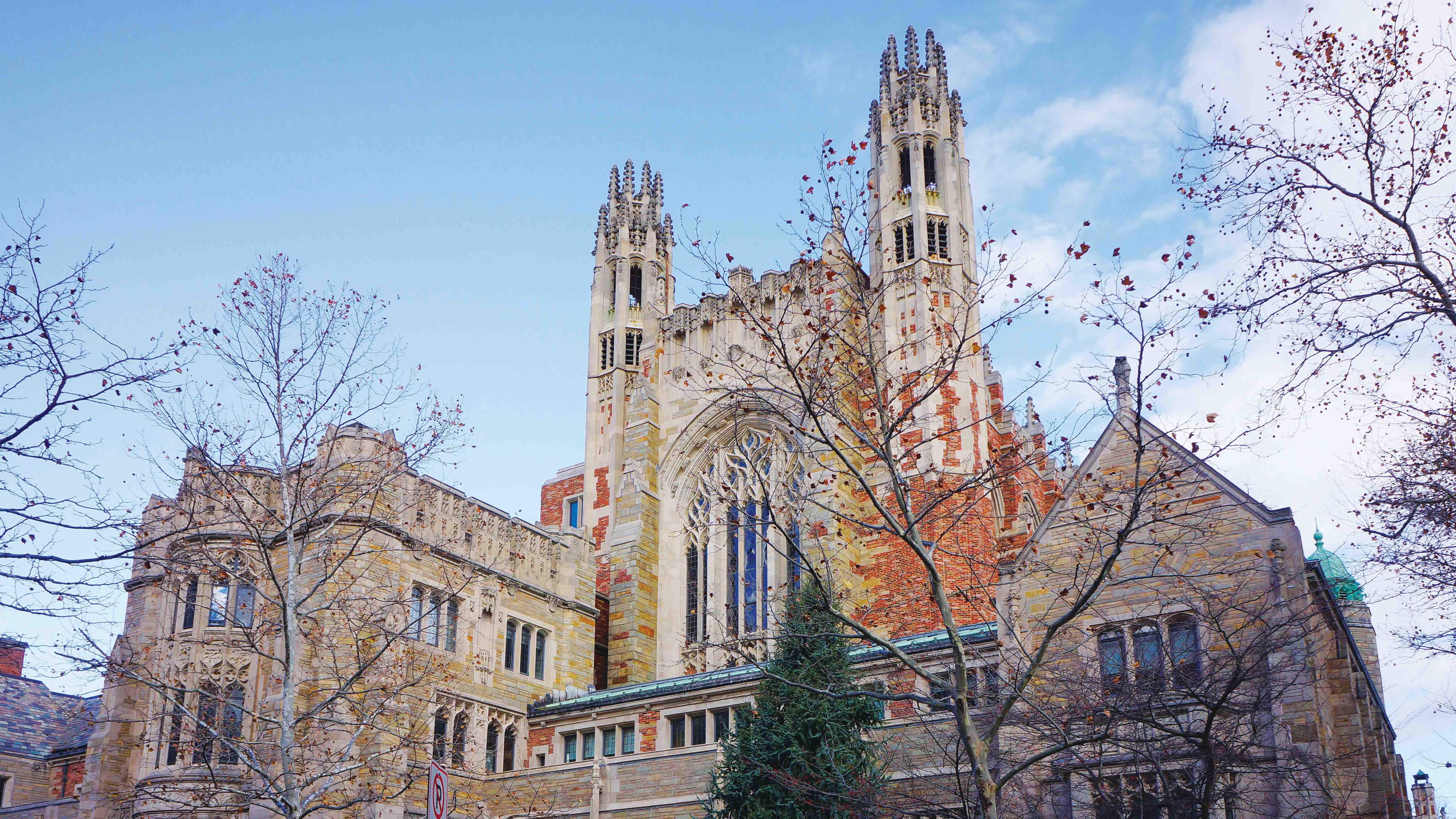
In a complaint filed last Monday with the office that oversees disciplinary matters for members of the Washington, D.C. Bar, 15 law professors from across the country, including several Yale faculty and alumni, accused President Donald Trump’s counselor Kellyanne Conway of professional misconduct.
The letter accuses Conway, a member of the D.C. Bar since 1995, of lying on several occasions, including citing a false “Bowling Green Massacre” to justify Trump’s recent executive order on immigration and using the term “alternative facts” to defend false statements made by White House Press Secretary Sean Spicer.
“We are living in a world with new rules. We don’t believe we worship facts. We do have rules. There are facts,” said Lawrence Fox, a visiting lecturer at Yale Law School and the former chairman of the Standing Committee on Ethics and Professional Responsibility of the American Bar Association.
The letter called for the D.C. Bar to investigate Conway’s engagement in “conduct involving dishonesty, fraud, deceit or misrepresentation.”
Abbe Smith ’78, a professor at Georgetown University Law Center who spearheaded the letter, said that while her narrower goal was to hold Conway accountable for her actions, she also hopes to remind all lawyers who have entered politics that they have a higher obligation than ordinary politicians to be honest and uphold the rule of law. Other lawyers who serve in Trump’s cabinet include Administrator of the Environmental Protection Agency Scott Pruitt and Attorney General Jeff Sessions.
“Being a lawyer is a high professional calling,” Smith said. “Lawyers are supposed to be a safeguard.”
Three signatories interviewed said they were surprised by the abundance of media attention their complaint has received. Russell Pearce ’78 LAW ’81, a law professor at Fordham Law School, attributed part of the attention to the present political controversies, but emphasized that the point of the complaint is not a political but, rather a professional one.
Fox said the reputation of honesty is a hallmark of the legal profession, one which he said differentiates “lawyers from stock traders.” He added that being a lawyer requires sacrificing the freedom to disclose client information and the freedom to twist the truth. Fox said he hoped the letter will shift the public away from personal attacks and towards fact-based discourse.
According to signatories interviewed, lawyers are obligated by the D.C. Rule of Professional Conduct to report the misbehavior of any fellow lawyer. Smith, a criminal defense lawyer by training and practice, said that although she generally defends clients, her conscience compelled her to draft the complaint accusing Conway.
“We did the right thing in addressing the issue, and we did the right thing in reporting it,” Fox said.
The three law professors used the incident as a teaching tool in the classes they teach on professional ethics. Fox, who leads the Yale Law School Ethics Bureau, said Conway’s power in the White House has been a prime opportunity for him to teach his students that lawyers need to abide by the regulations of the legal profession, even when they are not practicing law.
Pearce said his next class discussion will focus on whether Sessions, who was appointed by Trump, should recuse himself in an ongoing investigation of Russia’s influence on Trump’s 2016 presidential campaign.
The reaction from the larger legal community since the complaint was filed has been heartening, Smith said. She said people have been stopping her on the street and thanking her for taking action.
“The practicing bar really gets it and appreciates it,” Smith said. “They are mindful of the rules.”
Ten former and current Supreme Court Justices have studied at Yale Law School.







